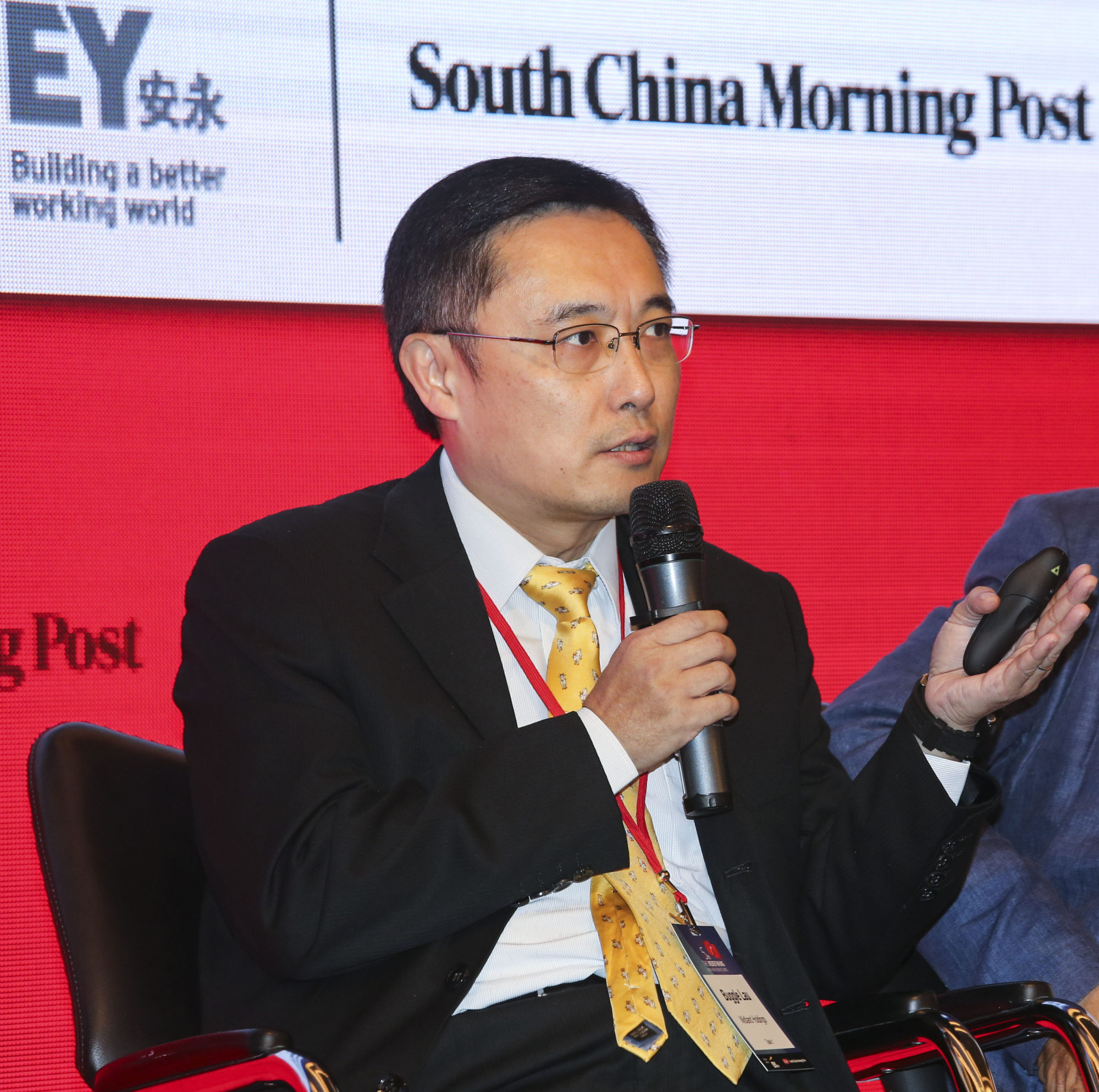
Crackdown on illegal structures set to chill demand, recovery in Hong Kong’s luxury homes market, analysts say
- The upscale segment, which makes up 2 per cent of property transaction volume, could get a short-term chill after adverse publicity: Midland Realty
- Other negative factors, including ‘higher for longer’ local interest rates, are more likely to hobble the market, Knight Frank says
Buying decisions could suffer in the short term, according to Midland Realty, after Typhoon Saola and record rainfall this month wreaked havoc in the city, damaging some luxury residential homes in Tai Tam and Tuen Mun, exposing illegal structures and encroachments on government land.
An inspection by Hong Kong government officials on Friday suspected 70 of the 85 homes at the Redhill Peninsula luxury estate in Tai Tam to have illegal structures, and 40 homes could have encroached on government land.
“In the short-term we expect a softening of demand as buyers will become cautious and need more time to check for any unauthorised additions” following the adverse publicity, said Buggle Lau Kai-fai, chief strategist at Midland Realty. “If you are paying a high price for a property, you want to make sure that there are no illegal structures.”

Hong Kong’s luxury homes, a niche segment accounting for about 2 per cent of the local market, has improved this year, according to data compiled by consultancy Knight Frank. Volume shrank by more than 50 per cent in 2022 to the lowest since 2019, according to the consultancy.
Some 135 ultra-luxury units, those priced above US$10 million, changed hands this year to mark a 35 per cent jump from a year earlier, the consultancy said. There were 460 deals involving homes priced above US$5 million, a 31 per cent increase from the volume in January-to-September last year.
Authorities had initially found two houses in the Redhill Peninsula estate with illegal structures, while another upmarket home in Tuen Mun had also flouted building rules. The ensuing crackdown will not be limited to the affected estate as inspectors widen their target to seaside homes built along slopes, analysts said.
To be sure, the market segment could still prosper on potential government incentives, as former administration officials called for easing measures for homes priced above HK$30 million.
Former Financial Secretary Henry Tang recently proposed scrapping of the double stamp duty on homes worth at least HK$30 million, saying it could boost transactions of luxury homes.
The government has been implementing demand-side management measures, including stamp duties to combat short-term speculative activities and curb excessive external demand and investment, according to a Hong Kong government spokesman.
“The measures primarily aim to accord priority to home ownership needs of Hong Kong permanent residents while housing supply is still tight in general,” the spokesman said.
“The government has been closely monitoring the residential market development, and will take into account factors including the pace and magnitude of property price changes, transaction volume of residential properties, future supply, economic conditions and outlook, as well as overall market sentiment.”
Martin Wong, director and head of research and consultancy for Greater China at Knight Frank, said the crackdown is unlikely to hurt market sentiment. Instead, high funding costs and a host of negative factors, are more likely to hobble the market, he added.
On Tang’s proposal to remove the double stamp duty, Wong said the move would stimulate transactions in the longer term.
“The market may not see an obvious turnaround in the short term just because of such stamp duty removal,” he said.
The HKMA last week maintained its base rate at 5.75 per cent while leading commercial banks kept their prime rates unchanged, following a pause in the Federal Reserve’s monetary tightening drive. Still, it cautioned “the Hong Kong dollar interbank rates might remain high for some time”.
“For owners whose homes have illegal structures, they should rectify those encroachments as soon as possible,” said Vincent Cheung, managing director of Vincorn Consulting and Appraisal. “They can appoint surveyors and engineers to check the site boundaries and any illegal structures.”
Under the city’s law, owners face up to one year in jail and HK$200,000 (US$25,567) in fines for such offences. Given the legal and financial costs, potential buyers will be more thorough in their evaluation, especially in second-hand units that make up more than half of the high-end transactions, Lau said.
“Previously, buyers may not have been aware of serious offences that could arise from building renovations or additions,” Cheung said. “They may consider them as a way to add space or value to the property, so that future buyers will pay a premium.”
When some structures become contentious, the property prices are likely to be discounted, he added.


